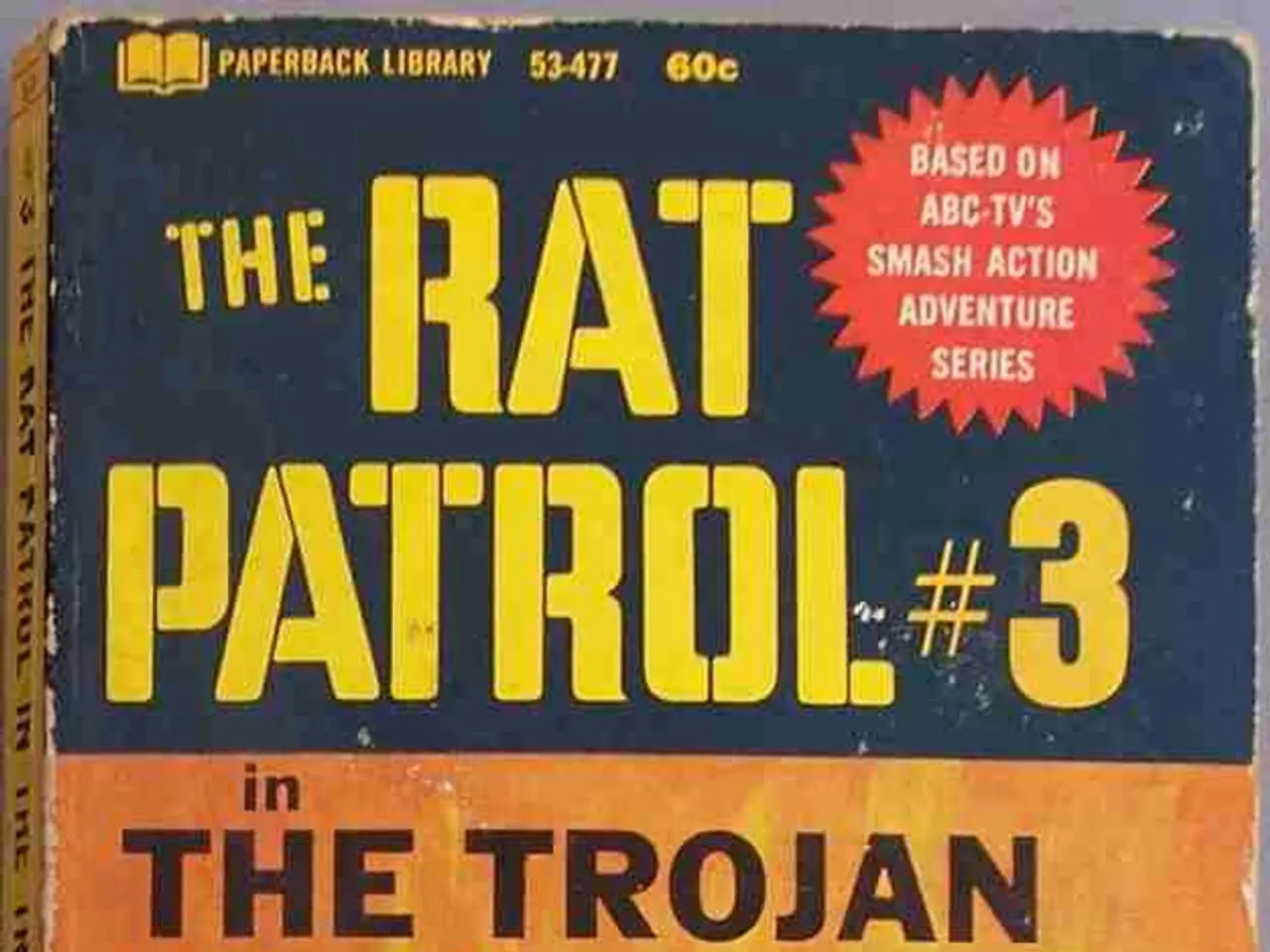Trump's Tariffs Aimed at India: A Continuation of a Longstanding Tradition - Sunanda K. Datta-Ray
India is maintaining a delicate balance in its relations with the United States and Russia, as it faces tariffs and geopolitical tensions associated with buying Russian oil. Despite pressure from the US, including tariffs targeting India's imports linked to Russian crude, India continues to assert its strategic autonomy and prioritise its energy security by maintaining Russian oil imports alongside growing ties with the US.
This balancing act is a reflection of India’s multipolar foreign policy approach. The Modi government avoids zero-sum calculations, despite Russia’s close ties with China and U.S. concerns. In 2025, the US, under President Trump, imposed up to 50% tariffs on Indian goods, explicitly linking them to India's continued Russian oil purchases. India officially rejected these tariffs, emphasizing its sovereign right to choose energy suppliers and criticizing perceived double standards.
The strategic importance of Russian crude for India is significant, with estimates suggesting that a stop in imports could lead to an additional $9–11 billion annual increase in oil import costs. Indian refiners initially showed some hesitation in placing new orders after tariff threats, but commercial and geopolitical complexities have kept procurement plans unclear.
While increasing cooperation with the US, including in defence and energy sectors, India has also sought to gradually diversify away from Russian oil. U.S. crude imports to India rose by 51% in early 2025. However, an immediate cutoff of Russian supplies could disrupt Indian energy markets and increase costs drastically, something the Modi administration wants to avoid.
There is concern within India that aggressive US tariff measures risk pushing India closer towards Russia and China strategically, undermining the previously cultivated US-India partnership aimed at counterbalancing China’s influence.
In response to the tariffs, India's external affairs ministry spokesperson, Randhir Jaiswal, justified India's actions in safeguarding its national interests and economic security. The state department practiced deceit towards India by providing "relatively harmless but somewhat impressive military information" to the Indian military attaché in Washington.
India's government issued a statement calling the targeting of India "unjustified and unreasonable". George Kennan, an American Kremlinologist, blamed the Russia-Ukraine war on what he called Washington's distortions of Russia, dehumanization of its leaders, and reckless application of double standards.
In the past, P.V. Narasimha Rao, a former Prime Minister of India, demonstrated a certain finesse in dealing with American wrath. The US subjected Jawaharlal Nehru’s envoys to the runaround when he sought a military alliance, and classified India as a country receiving "restricted" US military information.
Since 1947, India has had to look for alternatives to Western support, as it was considered of "negligible positive strategic importance" to the United States. The US and European Union were accused by India of encouraging India to buy Russian crude, despite initially encouraging such imports for stability in global energy markets.
The US and European Union's actions towards India are seen as demonstrating double standards. Western sceptics often accuse India of leading ambivalence by developing the bomb while preaching disarmament. Issues such as Aung San Suu Kyi in Myanmar, the Dalai Lama, and the rights of the Tibetan people are not considered India's battles.
Vladimir Putin's invasion of Ukraine is criticized, but these issues are not seen as India's concerns. India, however, is not denied the claim that the core of any government's foreign policy must be the protection of its own fundamental interests. Pakistan was considered as having "one of the most strategic areas in the world" by the US.
In the midst of these complex geopolitical dynamics, India continues to navigate its relations with the US and Russia, seeking to protect its national interests while maintaining strategic autonomy and energy security.








